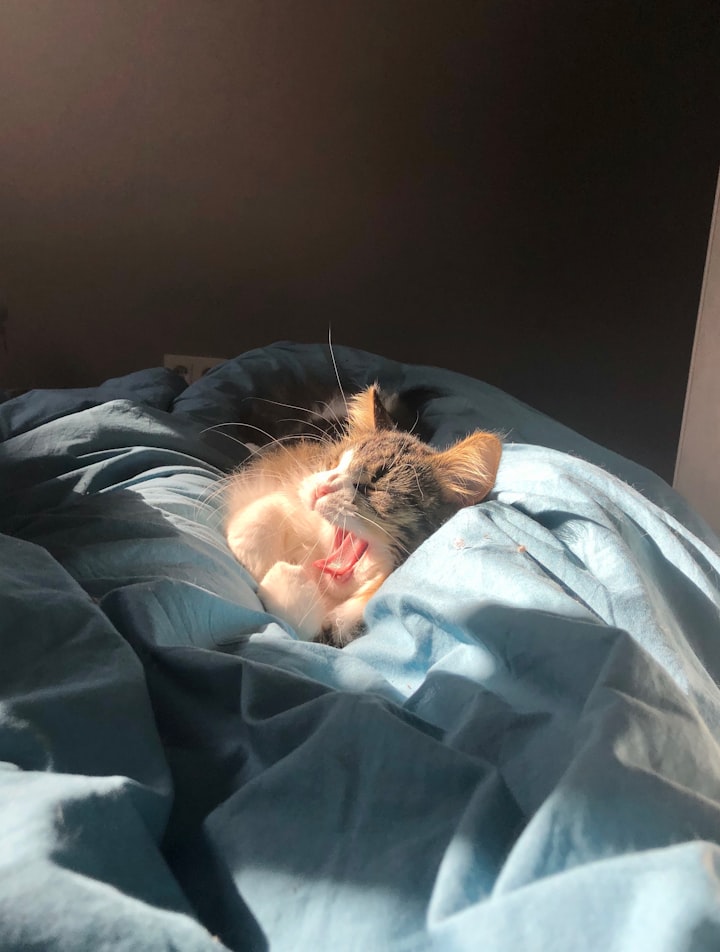
Doesn't everybody want to learn from the best? But that's not always possible. Ivy leagues only have so many openings each year; only the best get in. I'm as confident as they come, but I also know my weaknesses. I decided to start small with my bachelor's degree and apply to an online school. I figured that by maintaining a high GPA and joining a few honors societies, I could earn a position at a more prestigious university for my post-graduate education. That's still my plan. But, there's one hiccup I didn't anticipate. While I knew I wouldn't learn from the best, I didn't expect to instead learn from the worst.
This doesn't apply to every online instructor. I've had a few that met my needs as a student and some that went beyond the call. However, most of the online instructors I've encountered are as unhelpful as they are complacent. Their rubrics are dripping with vague parameters and, when prompted by email, don't offer much clarity. If they reply before an assignment's due date, it's often a reworded version of what's presented in the rubric. Inevitably, even the best students misinterpret the rubric, submit an assignment that doesn't meet the instructor's standards, and suffer for it. And instead of offering extra credit, a redo, or another chance to succeed, the instructor insists that they "should have followed the rubric."
Moreover, online school is more about teaching oneself than instructor-led education. In-person classes feature a variety of learning methods, including lectures, videos, presentations, group assignments, Q&A sessions, and more. Online school? Read this article or textbook and understand the material. Teach yourself. That means that the education provided by online courses can only ever be as good as the student's comprehension skills in any subject. What's worse is further deteriorating the quality of education by using insufficient resources. All too often, students must rely on "academic resources" riddled with spelling and grammar mistakes. Why would 300-level collegiate writing courses use low-quality resources to teach their students? The only possible outcome is poor writers.
Maybe it's by design. The goal is to produce bad writers to desaturate the career field. Let's face it, there's no shortage of would-be writers. Thousands of us on this website alone put our writing out there, begging anyone to give our writing a chance, even if it's from one another. We know the market for our work is oversaturated and underappreciated. But, we still go to school. We still write the article, story, poem, or play and put it all out there. And if we fail, we move on to other careers to put food on the table and resign to self-publish as a hobby. It's neither a lousy life nor fulfilling; it just is. But pursuing higher education should give us better tools to become successful writers, not the other way around. We're being set up for failure by the people who should help us thrive.
The "them against us" theory is comforting because it makes me feel like a victim of a corrupt system. But, when you hear the sound of pounding hooves, you don't think "zebras." You think "horses." And a theory more likely than some cynical literary elites suppressing would-be writers from quality resources is that online educators aren't as committed as in-person instructors. I've never had so much as a phone call with one of my instructors. They don't take the time to create worksheets, study guides, power points, or videos for student perusal, nor do they hold zoom office hours. They curate a directory of open-source resources and give college credits for doing work we could do by Googling. I'm not saying it's the easiest job in the world, but it sure sounds cushy. I'd even consider it if I could get away with that and still get a decent paycheck and benefits. That is, had I not experienced it as a student.
The sad fact is that online professors practically have complacency written into their job descriptions, degrading the value of online degrees. Instead of being an innovation of distance learning through modern technology, online college degrees have become a laughing stock. And those who must pursue them for an infinite number of reasons suffer as a result. Reforming the standards of online instruction could make instructors earn their paychecks while creating better educated, career-ready graduates. Accessible and affordable education should be on par with its traditional counterparts.






Comments
Ashlyn is not accepting comments at the moment
Want to show your support? Send them a one-off tip.